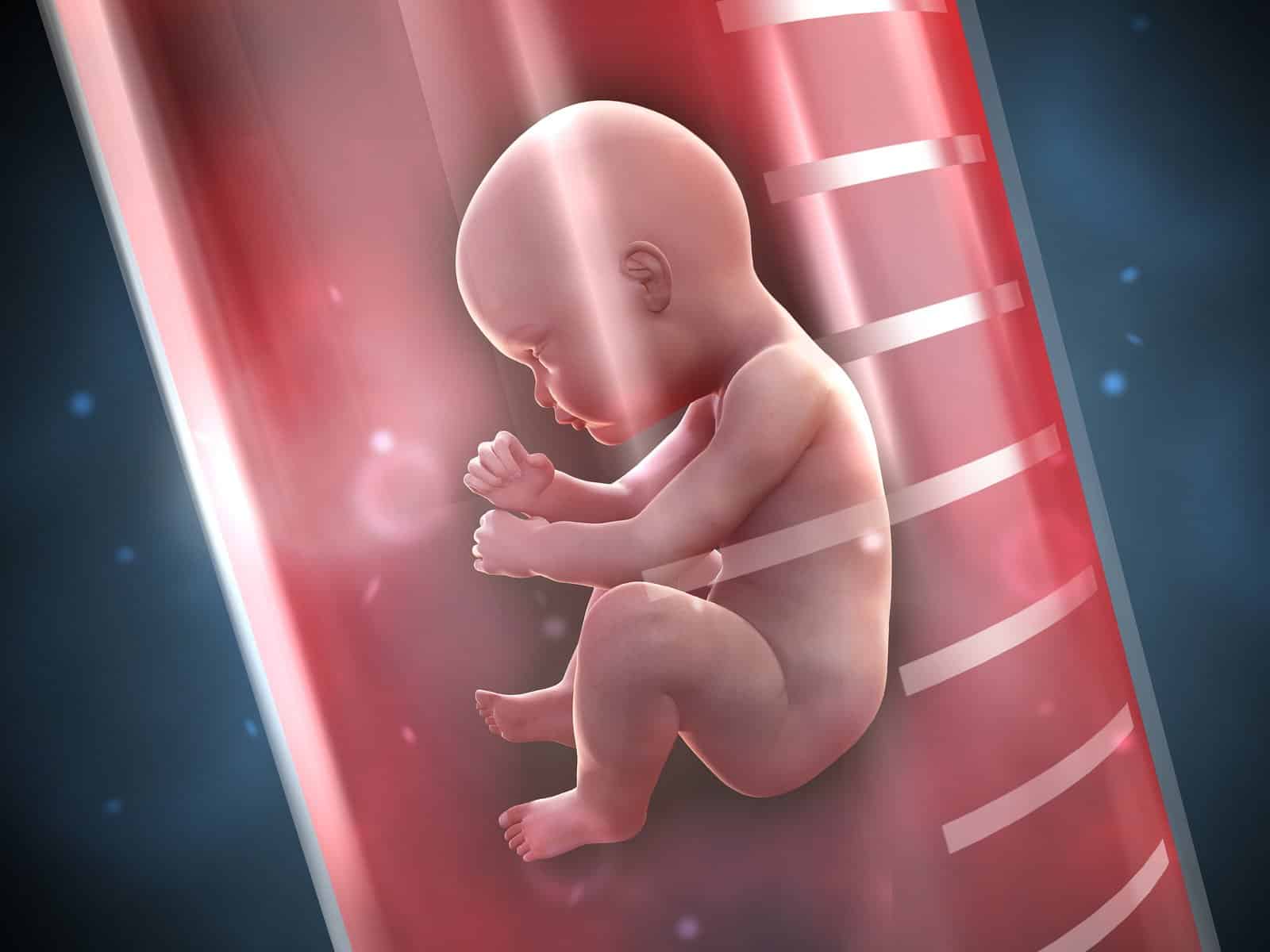Early in 2015, a group of leading biologists called for a worldwide moratorium on use of a new genome-editing technique that would alter human DNA in a way that can be inherited.
They feared the technique was so effective and easy to use that some physicians may push ahead before its safety can be assessed. They also wanted the public to understand the ethical issues surrounding the technique, which could be used to cure genetic diseases, but also to enhance qualities like beauty or intelligence.
This debate was rekindled this week, following a publication in Nature. The study was “Correction of a Pathogenic Gene Mutation in Human Embryos” by researchers from Oregon Health and Science University (OHSU), the Salk Institute for Biological Studies, and South Korea’s Institute for Basic Science.
The team of 31 researchers—led by Shoukhrat Mitalipov, Ph.D., of the Center for Embryonic Cell and Gene Therapy at OHSU—carried out the first American study showing that modifying single-gene defects using the gene-editing technology CRISPR has the potential to be safe and accurate enough to use in human embryos.
“Overall, this is an impressive paper, but one that also raises the stakes on future CRISPR use in humans,” Paul Knoepfler, Ph.D., of University of California, Davis, School of Medicine, stated on his lab’s stem cell blog, The Niche. “Perhaps it will catalyze more research on CRISPR in human embryos. That could be both good in the sense of learning more, but also risky in terms of not everyone doing such a good job as these authors did in considering ethical implications and even in the technological level they used. Also, where will everyone get eggs and sperm for studies?”
“While they also included some appropriately cautionary statements about future clinical use, at the same time some language such as envisioned possible “rescue” of embryos was potentially concerning,” Dr. Knoepfler added. “I am highly skeptical that gene editing in the human germline can make sense as a safe and more effective approach than embryo screening by PGD and PGS [emphasis in original].”
Dr. Knoepfler also said the odds were “better than 50-50” that the Mitalipov-led research will spark a backlash and possibly proposed restrictions in the U.S. by conservatives and others who have faulted embryonic research on ethical grounds.
The study has also lead to 11 genetics-focused professional organizations are calling for researchers to use caution in applying the technology. The organizations have issued a policy statement stopping short of calling for a ban on human germline genome editing.
The groups also added that future clinical application of the technology should not proceed without at least a “compelling” medical rationale, a base of evidence that justifies clinical use, an ethical justification, and the solicitation and incorporation of stakeholder input through a “transparent public process.”
The statement was jointly authored by the American Society of Human Genetics, the Association of Genetic Nurses and Counsellors, the Canadian Association of Genetic Counsellors, the International Genetic Epidemiology Society, and the National Society of Genetic Counselors. It was also endorsed by the American Society for Reproductive Medicine, the Asia Pacific Society of Human Genetics, the British Society for Genetic Medicine, the Human Genetics Society of Australasia, the Professional Society of Genetic Counselors in Asia, and the Southern African Society for Human Genetics.
“Currently, there is no reason to prohibit in vitro germline genome editing on human embryos and gametes, with appropriate oversight and consent from donors, to facilitate research on the possible future clinical applications of gene editing,” the organizations declared.
“Our workgroup on genome editing included experts in several subfields of human genetics as well as from countries with varying health systems and research infrastructure,” said Kelly Ormond, lead author of the statement and professor of genetics at Stanford University, said in a statement. “Given this diversity of perspective, we are encouraged by the agreement we were able to reach and hope it speaks to the soundness and wider acceptability of our recommendations.”
“While germline genome editing could theoretically be used to prevent a child being born with a genetic disease, its potential use also raises a multitude of scientific, ethical, and policy questions. These questions cannot all be answered by scientists alone, but also need to be debated by society,” Derek T. Scholes, Ph.D., ASHG’s director of science policy, said in a separate statement issued by his organization.
The group considered two types of ethical issues for genome editing — those arising from its potential failure and those arising from its success. Failure exposes individuals to a variety of health consequences, both known and unknown, while success could lead to societal concerns about eugenics, so-called designer babies, or issues of social justice and equal access to medical technologies.
“Scientifically, preclinical studies should establish reliability, validity, safety, and efficacy before attempting any germline genome editing that leads to the potential for implantation or human pregnancy at any post-implantation stage,” they wrote. “New methods will need to be developed for identifying and monitoring off-target mutation sites in vivo after somatic genome editing (whether in preclinical animal models or, eventually, in humans) and — if human germline genome editing is to be at all considered — within human germ cells and embryos.”
However, they added, there is no rationale to prevent in vitro research or to prohibit public funds from supporting such research.
“Many scientific, medical, and ethical questions remain around the potential for human germline genome editing,” the authors concluded. “We encourage ethical and social consideration in tandem with basic science research in the upcoming years.”
































